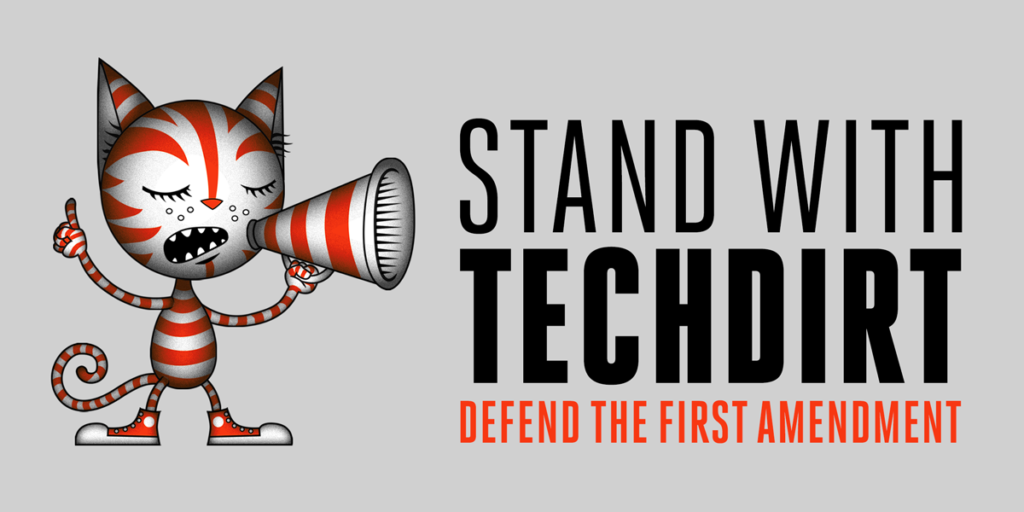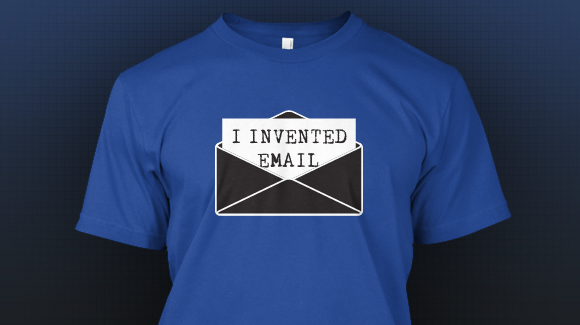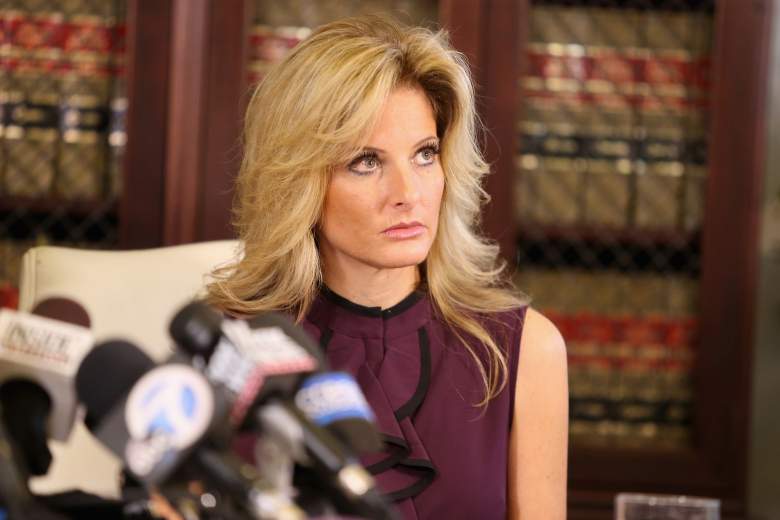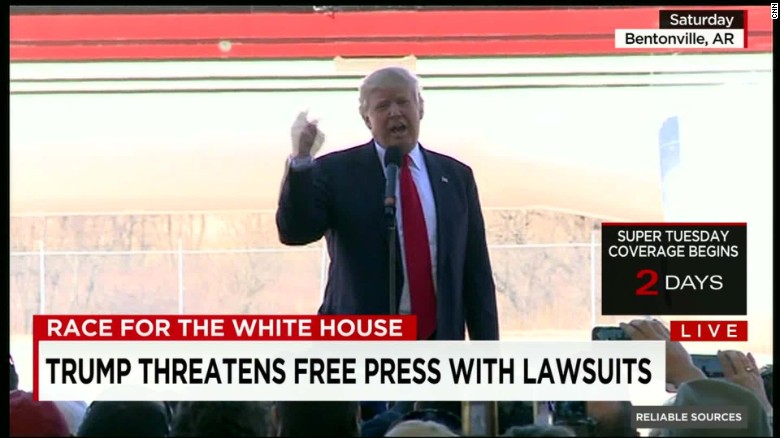 The other day I ripped Melania Trump‘s lawyers for stupidly claiming — in a defamation lawsuit against those that called her an escort while she was a model — that she had lost her once-in-a-liftime opportunity to capitalize on being the most famous women in the world for the next few years.
The other day I ripped Melania Trump‘s lawyers for stupidly claiming — in a defamation lawsuit against those that called her an escort while she was a model — that she had lost her once-in-a-liftime opportunity to capitalize on being the most famous women in the world for the next few years.
Personally, I thought the lawyers had committed legal malpractice in having done so, as it exposed her to a (well-deserved) torrent of scorn and derision.
She has now amended the lawsuit to take out the offending material.
But you know what is left? She still claims economic loss, and that is the subject of today’s post. Because if you claim economic loss, then one thing you can bet your last dollar on is that the defendants will say, “prove it!”
And part of that proof will be her tax returns, so that competing expert economists can do an evaluation of what she was making before (and how she was doing it), and how (if at all) it was affected.
First, the nuts and bolts of the claim from the Amended Complaint:
33. The defamatory statements in the Article have caused Plaintiff damages, including to her reputation and to her business interests and prospective economic opportunities, as well as causing significant humiliation in the community and emotional distress.
So she has not only claimed a per se injury for being called a prostitute, she alleges damage to her business interests and prospective economic opportunities.
Now tax returns, in New York, are jealously guarded by the courts. A party seeking to compel their production must make a strong showing of overriding necessity.
Melania Trump’s case is in New York County, the First Department, but all four of New York’s appellate departments have a high bar to hurdle.
But at least some of her returns, it seems, will meet that burden. And how much of her interests are intermingled with her husband’s? Nobody knows, but any intermingling at all could subject his returns (or parts of them) to discovery.
In one of the most oft-cited cases on the subject in the First Department, the court reversed a trial court justice that had granted the disclosure of tax returns in a partnership dispute. In Gordon v. Grossman the court held that “It was an improvident exercise of discretion to compel disclosure of the defendant’s tax returns. Because of their confidential and private nature, disclosure of tax returns is disfavored.”
And in Matthews Indus. Piping Co., Inc. v. Mobil Oil Corp., the lower court denied the defendants request to peak into the plaintiff’s returns and the First Department affirmed that decision. The court wrote that “The disclosure of tax returns is disfavored due to their confidential and private nature. Consequently, a party seeking to compel their production must make a strong showing of overriding necessity.”
Similar language comes from the Second Department, where the rule is that “A party will not be required to produce income tax returns in a particular action unless the record presents a strong necessity for such disclosure in order for the party to prove its cause of action or defense.” In Active Fire Sprinkler v. American Home, that court held that there must be “some showing that the particular information in tax returns has some specific application to the case.
Now here’s the kicker: Few people will want to donate money for any kind of legal defense fund, if one is needed. Because who wants to get in bed with the kind of d-bag that would write crap like that without evidence? (I have no idea if there is insurance coverage for this.)
But remember Peter Thiel funding the Terry Bollea (Hulk Hogan) sex tape lawsuit against Gawker?
Might there be some people willing to pony up money to see this matter go through discovery just to get to those tax returns?
Even if the returns are subject to a confidentiality agreement, all bets are off in a trial that takes place in open court.
Conclusion: Melania Trump has exposed herself, and potentially her husband, to having her tax returns revealed in discovery.
The only way out of this for her to drop her claim of economic loss entirely.



